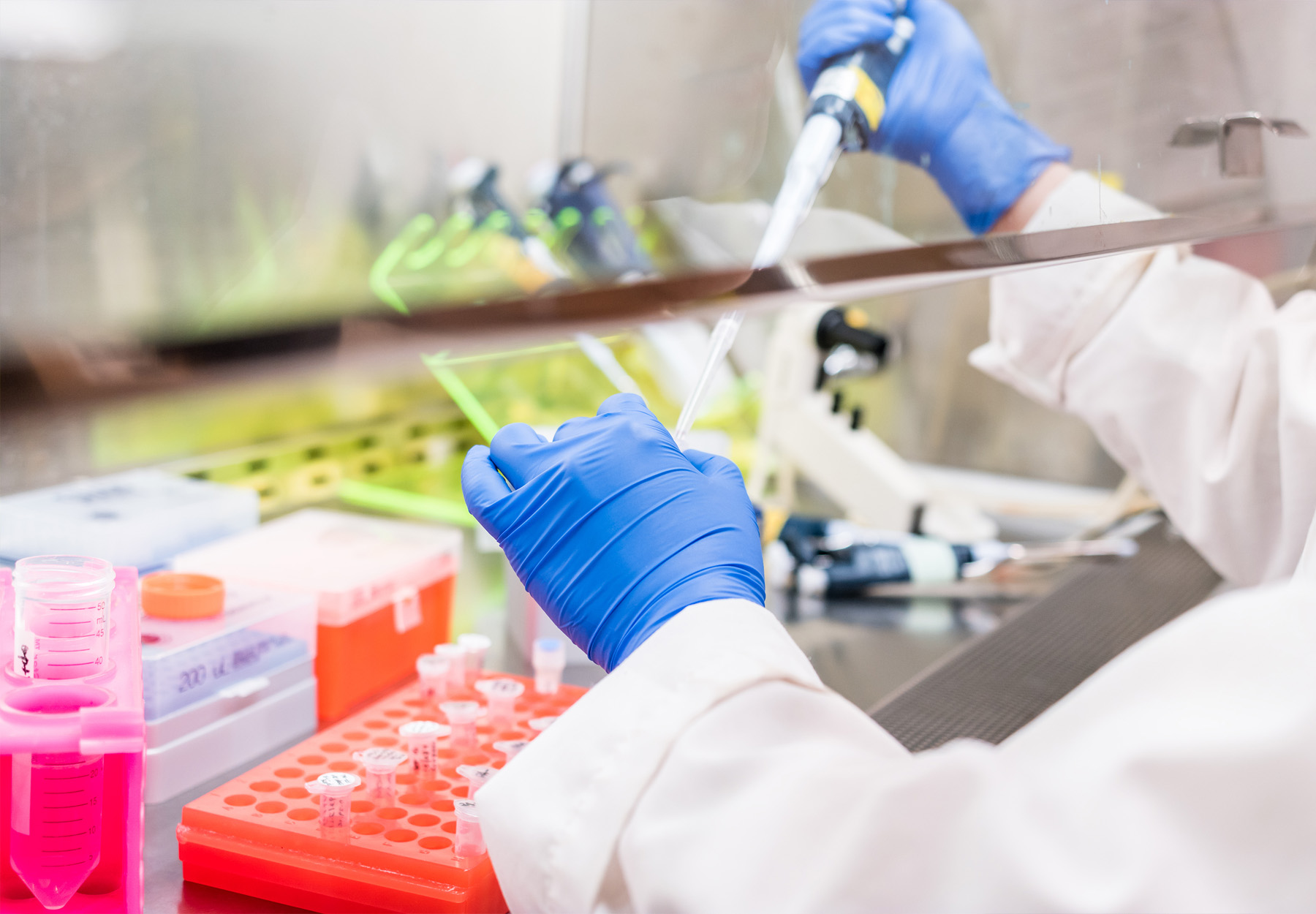Abbott Ushers Monkeypox Testing into Its New Commercial Phase
Abbott has once more gotten the jump by becoming the first company to get EUA clearance for a commercial monkeypox RT-PCR test kit.

During the COVID-19 public health emergency (PHE), Abbott demonstrated its agility in rapidly developing new infectious disease diagnostics by being among the first to secure Emergency Use Authorization (EUA) from the FDA for a real-time polymerase chain reaction (RT-PCR) test to detect the SARS-CoV-2 virus. Abbott has once more gotten the jump by becoming the first company to get EUA clearance for a commercial monkeypox RT-PCR test kit.
The Abbott Alinity m MPXV Test
On Oct. 7, the FDA announced that it was granting EUA for Abbott’s Alinity m MPXV assay for detecting DNA from the monkeypox virus. Such DNA can generally be detected in lesion swab samples of acute pustular or vesicular rash in viral transport media during the acute phase of infection. “Based on the totality of scientific evidence,” it is reasonable to believe that the Alinity m MPXV assay “may be effective in diagnosing infection with monkeypox virus,” according to the agency, and that there is “no adequate, approved, and available alternative to the emergency use” of the assay.
This conclusion is based on the clinical evaluation study Abbott performed to validate the Alinity m MPXV test and assess its capability to accurately identify the monkeypox virus at two and four times the limit of detection. In fact, the test was successful in detecting the virus in all 36 samples used in the study; it also correctly determined the absence of the virus from 35 negative samples.
Authorization Is Subject to Limits
This is not the first EUA for a monkeypox PCR test. On Sept. 7, the FDA granted Quest Diagnostics EUA for its Monkeypox Virus Qualitative Real-Time PCR test. The difference is that unlike the Quest test, the Abbott kit is authorized for commercial use.
Even so, the scope of the EUA is narrow. It allows for use of the Alinity m MPXV test only by CLIA-certified moderate and high complexity test laboratories. In addition, under the authorization, the test must be run on Abbott’s Alinity m System, or other authorized instruments that automatically execute sample preparation, PCR assembly, amplification, detection, and results calculation and reporting.
Eight Things to Be Sure of Before Using the Alinity Monkeypox Test
Other limitations apply. Specifically, authorized laboratories using the Alinity m MPXV test must:
- Notify public health authorities of their intent to run the product before initiating testing;
- Have a process in place for reporting test results to the appropriate healthcare providers and public health authorities;
- Include authorized Fact Sheets with test result reports they generate when using the product—exception: authorized laboratories can use mass media and other “appropriate methods” to disseminate Fact Sheets under “exigent circumstances”;
- Use the product as outlined in the authorized labeling without deviating from the label procedures;
- Have a process in place to track adverse events involving the test;
- Report any such adverse events to Abbott (email: molecularsupport@abbott.com; 1-800-553-7042) and the FDA;
- Ensure that laboratory personnel using the test are properly trained in RT-PCR techniques and use appropriate personal protective equipment (PPE); and
- Collect information on product performance and report any significant deviations they notice or become aware of to Abbott for subsequent reporting to the FDA Center for Devices and Radiological Health (CDRH).
Significance: The Commercial Pipeline for Monkeypox Tests Opens Up
Weeks before the monkeypox PHE was declared, the FDA and US Centers for Disease Control and Prevention (CDC) teamed up with five of the nation’s largest commercial testing laboratories to develop, produce, and distribute PCR tests capable of detecting the virus on an accelerated basis. By July, those five laboratories (Quest, LabCorp, Aegis Sciences, Mayo Clinic Laboratories, and Sonic Healthcare) were providing capacity of about 80,000 tests per week. (See, “CDC, Major Laboratory Companies Launch New Tests for Monkeypox,” DTET, July 2022).
Laboratory testing for monkeypox has now entered a new, commercial phase. While Abbott has gotten to the market first, other major testing companies, including Becton Dickinson, have announced plans to develop their own commercial monkeypox tests for commercial review.
Meanwhile, the FDA has offered some advice for test makers seeking EUA: monkeypox virus tests should target multiple genetic sequences to minimize the risks of missing certain variants. The advice came from Kristian Roth, deputy director of the agency’s microbiology devices division, during an FDA virtual town hall on Oct. 5. Roth suggested that test makers can improve product performance with potential variants by targeting at least one segment of genetic code that is not specific to any variant of the monkeypox virus; another possibility would be to include “a non-variola orthopoxvirus target as part of a multiple-target test.” Two to four targets would likely be enough to ensure efficiency and resilience to mutation, according to Roth.
Subscribe to Clinical Diagnostics Insider to view
Start a Free Trial for immediate access to this article